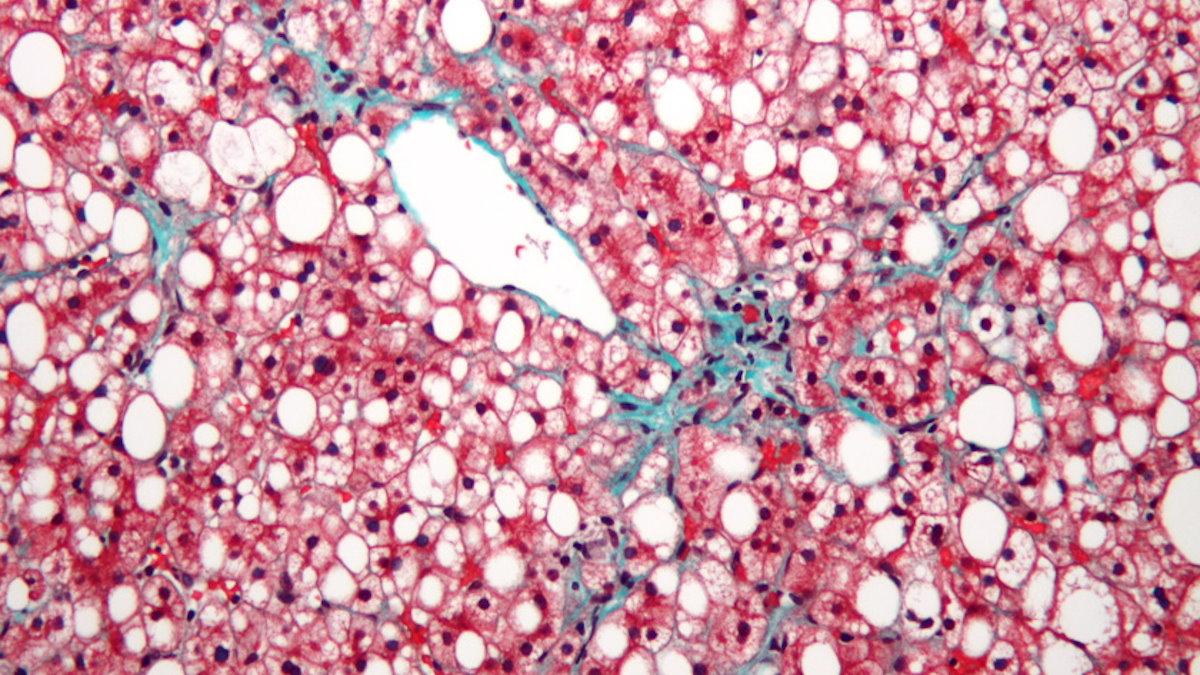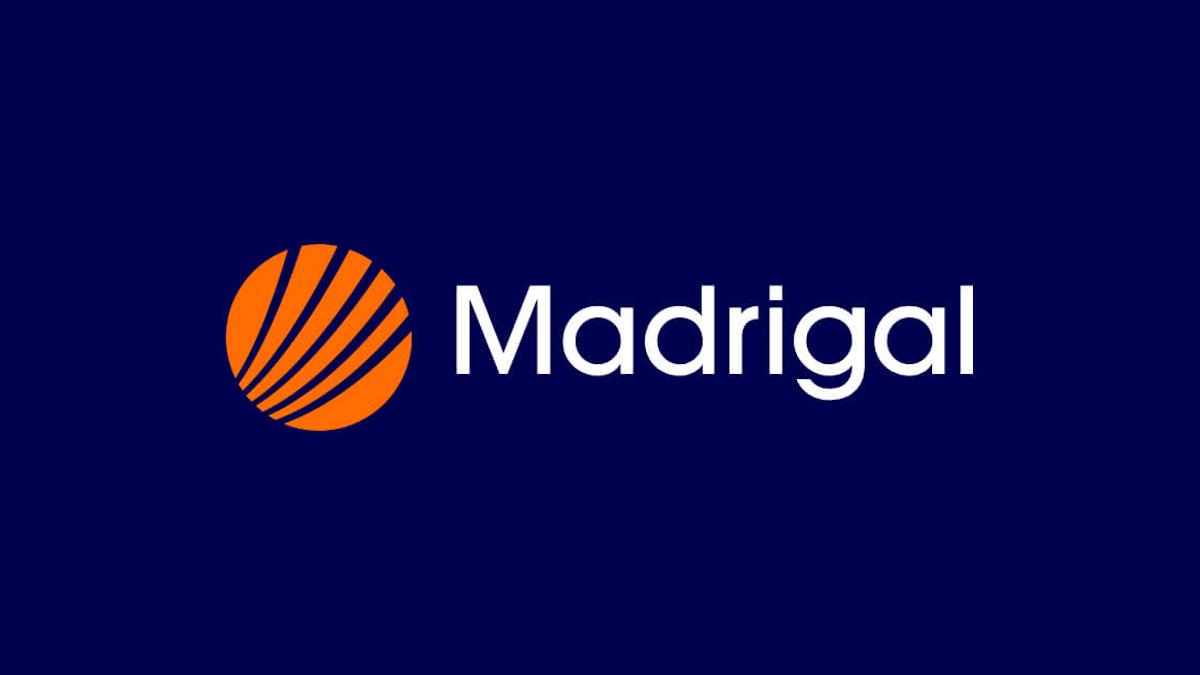Novo Nordisk will file semaglutide for MASH next year

Slide showing non-alcoholic fatty liver disease (NAFLD)
Novo Nordisk's GLP-1 receptor agonist semaglutide has shown efficacy as a treatment for metabolic dysfunction-associated steatohepatitis (MASH) in a phase 3 trial, potentially teeing up US and European regulatory filings in the first half of next year.
The topline results from the ESSENCE trial of semaglutide showed that a once-weekly 2.4mg dose of the drug was better than placebo at resolving MASH and improving liver fibrosis, meeting its primary efficacy objectives.
Analysts have suggested that the benefit of semaglutide is similar to that seen with Madrigal Pharma's Rezdiffra (resmetirom), currently the only FDA-approved therapy for MASH, which is also known as non-alcoholic steatohepatitis (NASH).
The results come from Part 1 of the ESSENCE trial, which involved around 800 patients treated with semaglutide or placebo on top of standard care and followed for 72 weeks.
MASH is a form of non-alcoholic fatty liver disease (NAFLD) that affects between 6 million to 8 million people in the US alone and for some time has been billed as pharma's next big growth area.
If approved for the new indication, it could add a major new growth driver for semaglutide, which is already seeing sales rocket on the back of its use as Ozempic for diabetes, Wegovy for obesity, and label extensions for both brands for cardiovascular risk reduction in certain high-risk patient groups.
MASH is largely associated with obesity and an unhealthy diet and lifestyle, and is on the rise in industrialised nations, leading to estimates it could present a market opportunity worth tens of billions of dollars worldwide.
In ESSENCE, 37% of people treated with semaglutide saw an improvement in liver fibrosis with no worsening of steatohepatitis compared to 22.5% on placebo at the 72-week timepoint. Meanwhile, resolution of steatohepatitis with no worsening of liver fibrosis was seen in 62.9% and 34.1% of patients, respectively.
In the pivotal MAESTRO-NASH of THR agonist Rezdiffra, steatohepatitis resolution was seen in 30% of patients on a 100mg dose, compared to 10% with placebo, after 52 weeks. Madrigal's drug has grown well since its approval in the US in March, with third-quarter sales of $62 million.
Part 2 of ESSENCE is an open-label extension that will follow patients for up to five years, monitoring endpoints including cirrhosis-free survival, and is due to generate results in 2029.
Other GLP-1-targeted drugs including Eli Lilly's tirzepatide and Boehringer Ingelheim's survodutide have also shown promise in MASH, suggesting there could be multiple treatment options in the next couple of years.
That could mean more competition for Madrigal, although the severity and progressive nature of MASH makes a case for combining drugs in different classes, and the entry of new drug options will likely grow the market.












